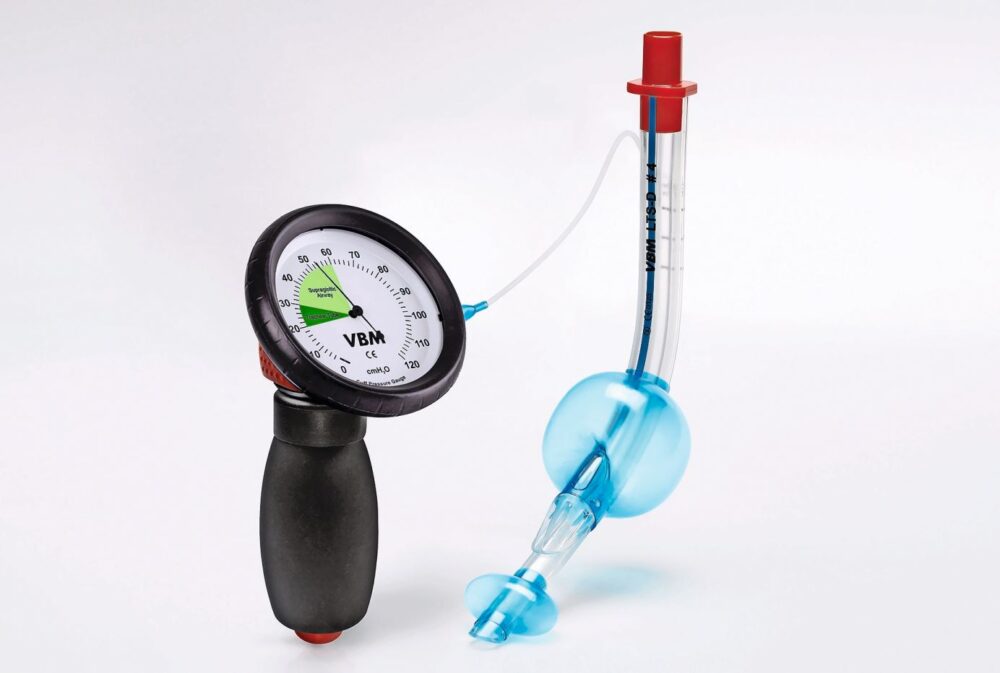Hochweid retirement center receives label for palliative care
The Hochweid retirement center in Kilchberg ZH has received certification for palliative care from the "qualitépalliative" label. The basis for this was a long-standing process in the palliative care setting, in which structures, concepts and guidelines were continuously developed. The internal palliative care specialist group was set up three years ago.

The founder of the modern hospice movement, Cicely Saunders, once said: "It is not a question of giving life more days, but of giving days more life." This statement has a lot to do with the daily work in the palliative care setting at the Hochweid retirement home. "You don't get an audit for palliative care overnight. It's a process that is built up over many years and becomes a mindset for all employees across all levels. Only then do you take the step towards certification," explains Managing Director Sara Tomaschett.
Foundation Board President Prof. Dr. med. Michele Genoni adds: "We are proud to be one of the few retirement centers in Switzerland to receive this certification. It was very impressive for me to see what is being done, how the focus is on people and where the difficulties are. It goes so far that at the end, all the employees stand in mourning when someone leaves the home for good." Christian Grothe, Head of Nursing at the Hochweid retirement home, says: "The certification process and the months of preparation were hugely beneficial for us. We were able to introduce and use recognized instruments, expand our competent interprofessional network and improve our quality processes."
Audit team is enthusiastic
The Swiss Association for Quality in Palliative Care has put the Hochweid retirement center in Kilchberg through its paces and awarded it certification. The audit team was delighted: "You can feel that the culture, the appreciation and the support of the people is lived. That is exactly what palliative care is all about. Putting people at the center is lived by the whole team. Everyone is part of the process and supports each other. The interprofessional approach is practiced at the Hochweid. You can feel the culture of open doors. What is striking and rare is that the Board of Trustees is also fully behind it. This frees up financial and human resources. The staffing plan at Hochweid exceeds the cantonal requirements. This also allows discussions to take place after the work schedule - overtime is compensated on a daily basis, which is greatly appreciated by the employees."
What is palliative care?
"We want to ensure that residents and their relatives have a quality of life adapted to their situation until death and beyond, as well as provide appropriate support for their loved ones. This includes medical, alternative and nursing interventions as well as psychological, physical, social and spiritual support," explains Christian Grothe. Palliative care is more than just end-of-life care, the focus is on life. This is also an important aspect of the palliative care concept. The World Health Organization (WHO) defines palliative care as "an approach to improving the quality of life of sick people and their families who are confronted with problems associated with a life-threatening illness: by preventing and alleviating suffering, by early recognition, unimpeachable assessment and treatment of pain and other distressing conditions of a physical, psychosocial and spiritual nature." Sara Tomaschett clarifies: "We want to enable residents to live in the environment of their choice, according to their normality and their heart's desires."
No more fear
The Swiss Society for Palliative Medicine, Care and Support states that the possibilities of palliative care should be considered proactively and at an early stage, i.e. in addition to curative and rehabilitative measures. However, the focus of palliative care begins at the point at which the cure of an illness is no longer possible and is no longer a primary goal. In this last phase of life, the focus is on quality of life and support for those affected and their loved ones. Well-adjusted treatment is used to ensure that the last months of life can be experienced largely pain-free. Patients should no longer have to fear unbearable pain.
Source: www.alterszentrum-hochweid.ch









